Tanzania is a country with two parallels. It experiences growth in its gas reserves and the tourism sector but many of its people are marred by poverty. Added to that is a chronic shortage of skilled scientists and other professionals to advance the country forward.
The School of St Jude believes many of its young students have the potential to become the next generation of highly qualified scientists who will make breakthroughs in their fields. Tanzanian teachers nurture our students in the classroom so they learn a whole gamut of science subjects.
Lower Primary
In earlier grades at St Jude’s, the students learn about nutritious food and its origins -- foods that will build, protect and energise them. They do activities like sorting through fruits, vegetables and grains to know their nutritional value.
These students come from impoverished backgrounds and do not always know which are good foods or understand what it means to have a balanced diet. Their confidence grows as they identify the different types of foods.
“It’s not a concept they know. At their home at the moment, they just eat what they get and not what is supposed to be eaten. So their meals are sometimes not complete or balanced,” says Ms. Ruth Kyata, Lower Primary Science Teacher at St Jude’s.
“However, they love learning about science at St Jude’s. They’re doing practical work. They’re going home to find out about different kinds of foods and then they come to school and ask you which kind of food does this belong to.”
At this early stage, they learn about healthy foods, body cleanliness and ways to look after themselves and keep their areas clean.
Our science teachers are supported by mentors and sometimes nuns in the classroom. The teacher mentors help staff to improve their English and show them new resources, while our nuns help students with activities.
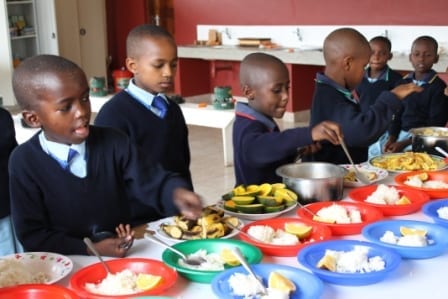
Upper Primary
As the students enter Upper Primary they’re building on their knowledge by doing more hands on science experiments, exploring body systems, different forms of energy and plant life. Thanks to St Jude’s generous supporters, the students have access to state-of-the-art science equipment and laboratories to conduct experiments.
“They learn about germination. They have to plant the seeds themselves and see how they’re developing, do measurements and watch it grow,” says Ms. Ernesta Njau, Upper Primary Science Teacher at St Jude’s.
“I love doing experiments because it’s fun to do them and learn. One time we had to use different solutions to make an egg float in water,” says Asindh, 6D student.
It is at this stage that the students are considering the science subjects that they will take on during secondary school at St Jude’s.
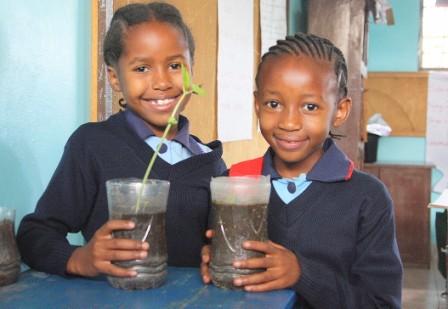
Secondary
St Jude’s offers specialist academic streams including science and mathematics which are both highly popular with our secondary students at Smith Campus. With eight well-resourced science labs (four for A-level and four for O-LEVEL,) St Jude’s produces exceptionally high academic results in this area.
Fifty seven per cent of St Jude’s students are girls and a large number of them are studying science at St Jude’s Smith Campus. “The girls enjoy science and we’re encouraging them to pursue it as a career,” says Mr. Samwel Meing’atu, Secondary Science Teacher at St Jude’s. “We’re trying to eliminate that stigma which says science is only for men.”
The students can study a combination subjects like physics, chemistry and biology to help them reach their goals of going to university and becoming doctors, pharmacists, nurses or engineers. They do many more hands-on experiments and dissections of small mammals to better understand bodily systems.
“We need specially trained, good scientists because we have the emerging gas and nuclear sector and oil in Zanzibar,” says Mr. Meing’atu. “We’re preparing our students to have the confidence and skills to go to university and specialise in different careers. At the moment, they’re learning a little bit about medicine and studying the living organism. Through a variety of subjects, St Jude’s is stimulating the students’ minds.”
St Jude’s is preparing its students to be future leaders in their country, Africa and abroad. They have access to career counsellors and fairs to learn how they can break into their chosen industries.
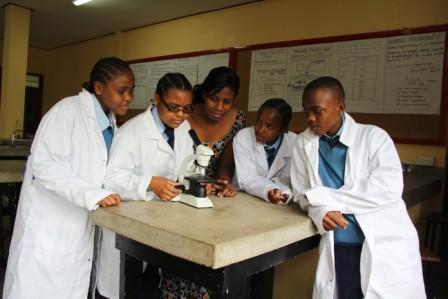
We are proud that our students are constantly challenging themselves. Each year the school holds a science fair so the students can show their creative and technological innovations. Some secondary students have recently taken their modified generator project, which runs on three fuels, to Dar es Salaam, to enter in the Tanzanian Young Scientists Competition.
You can support St Jude’s by sponsoring one of our motivated students and teachers. By sponsoring a student you will help provide pens, pencils, books, school uniforms and nourishing hot lunches. You’d also be helping our teachers who are equipped with the necessary resources to use in the classroom.

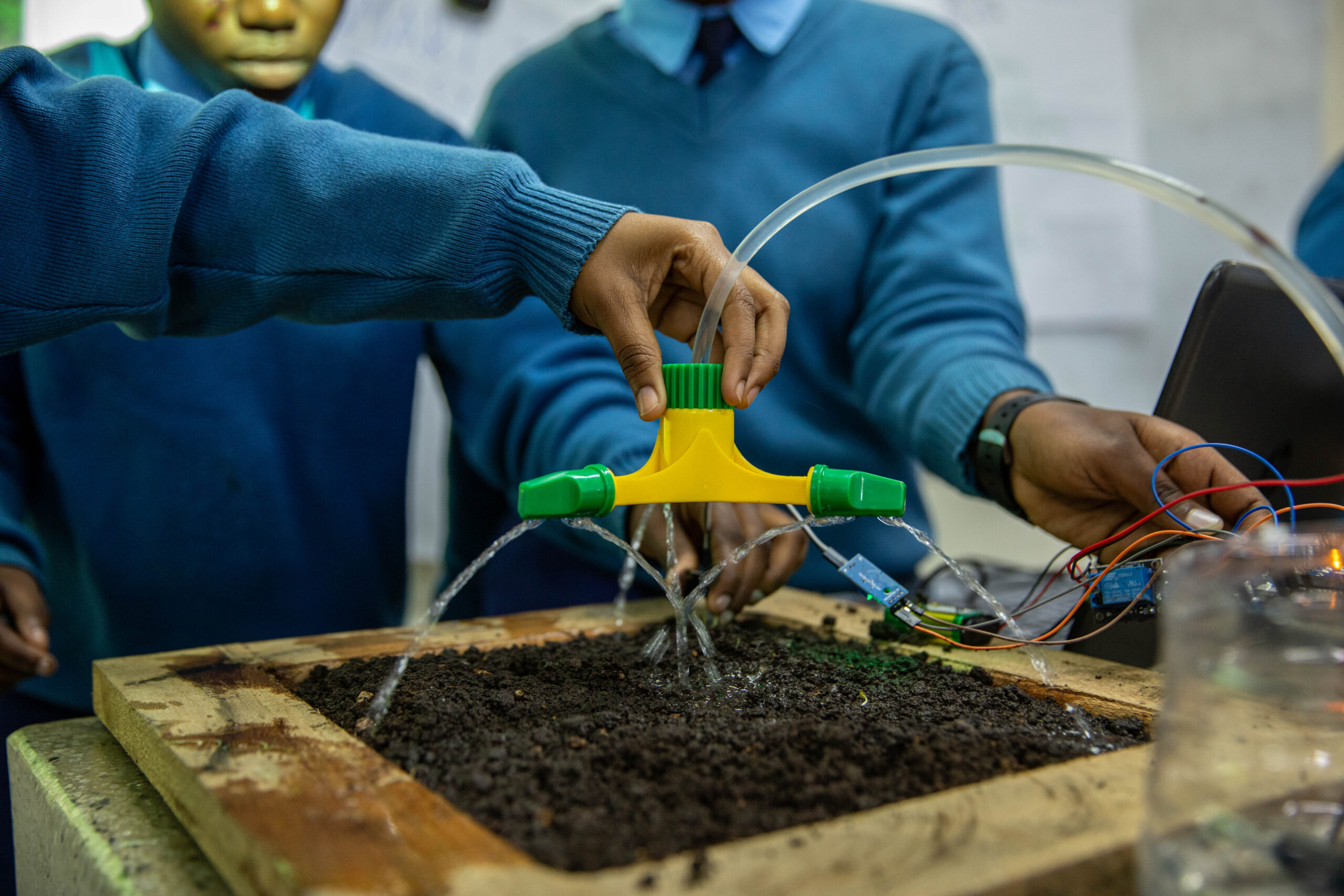
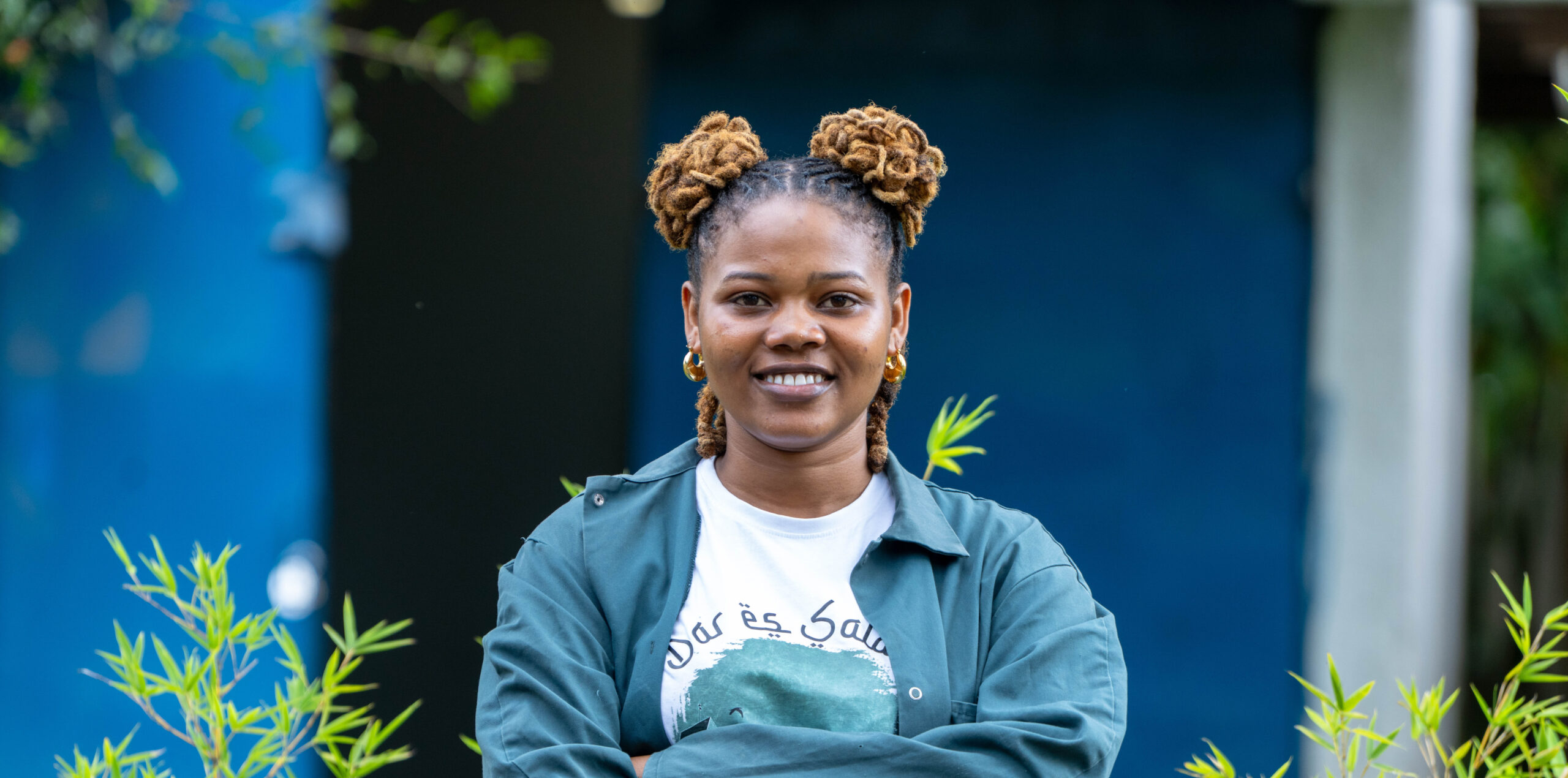
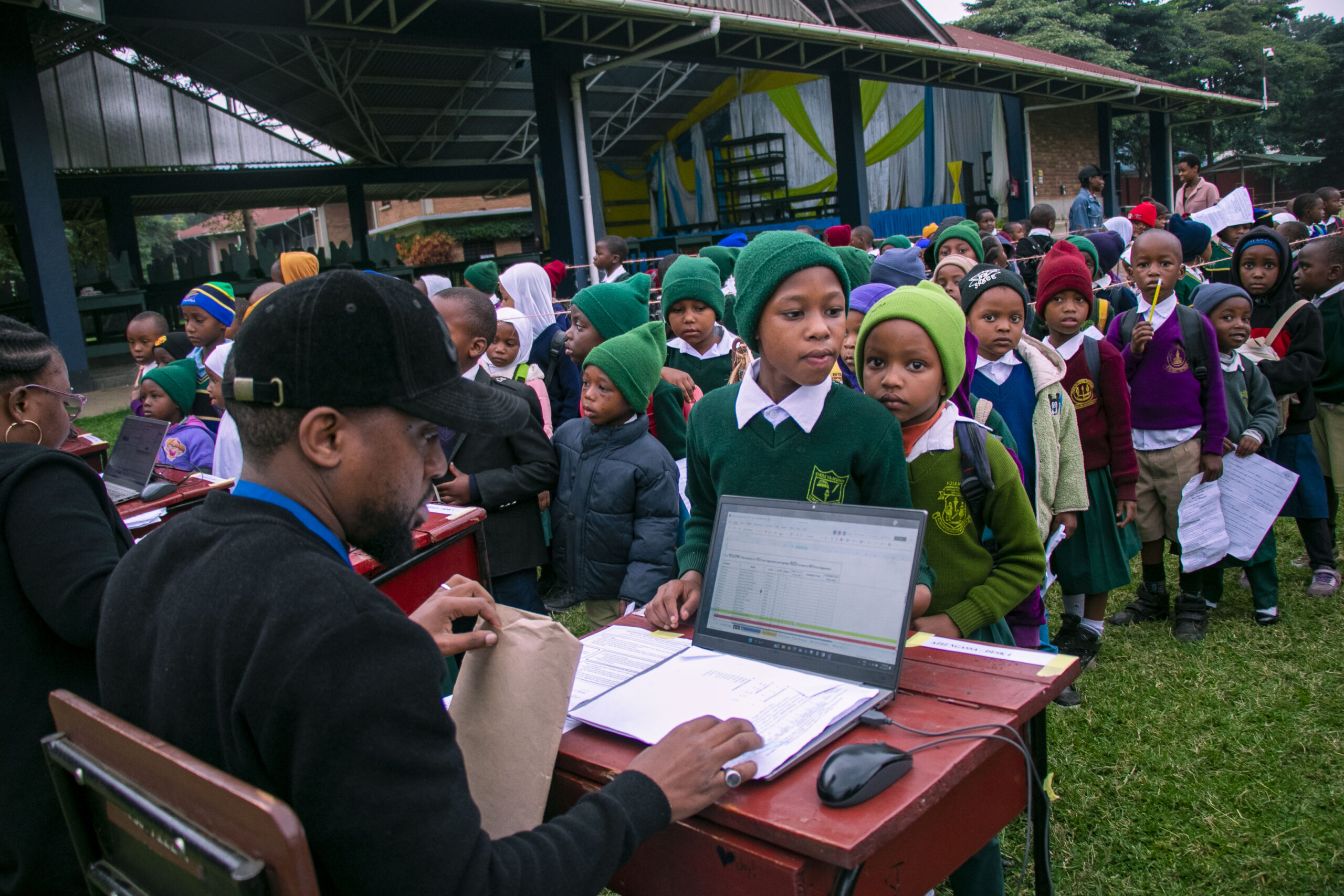
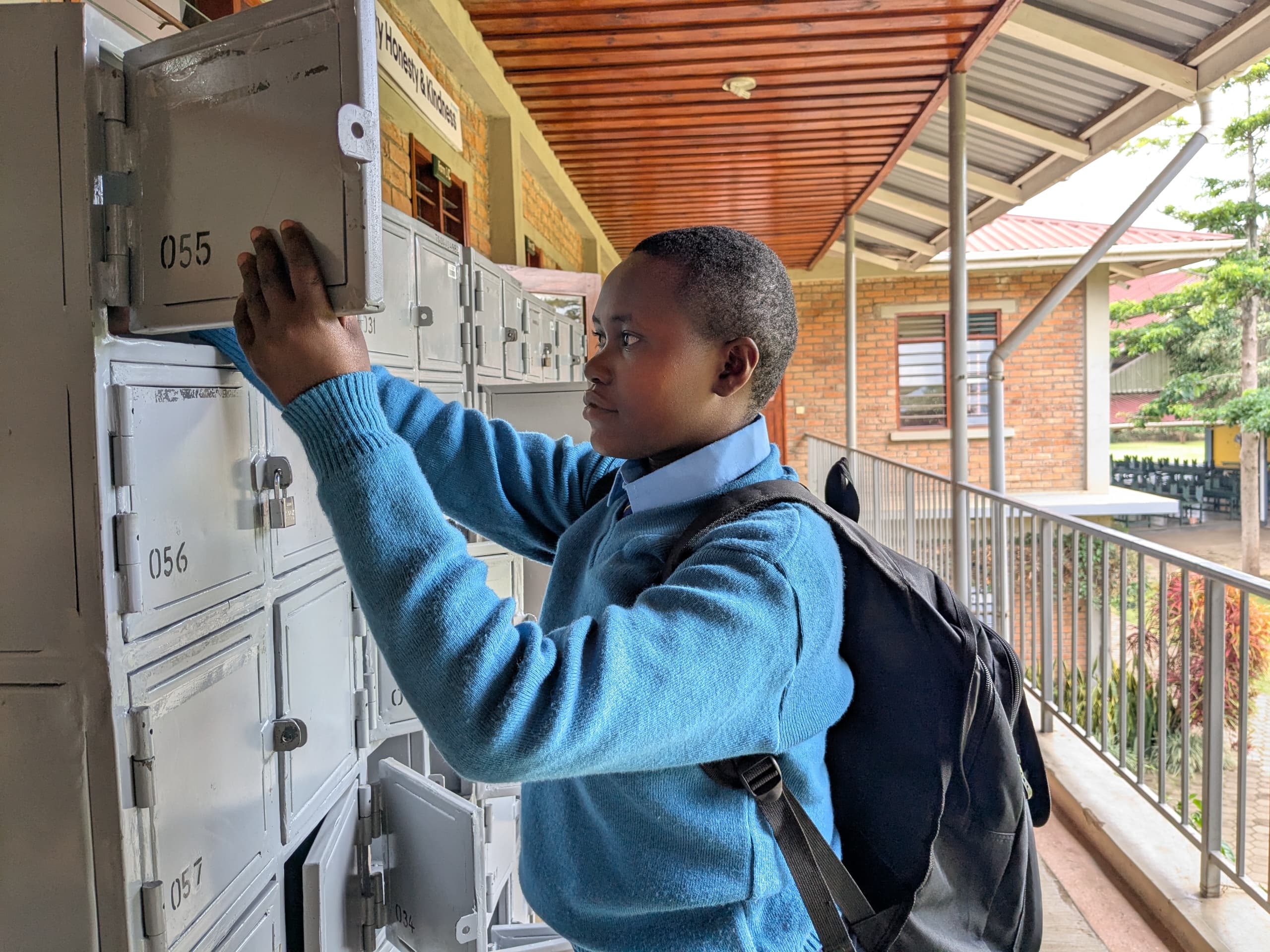

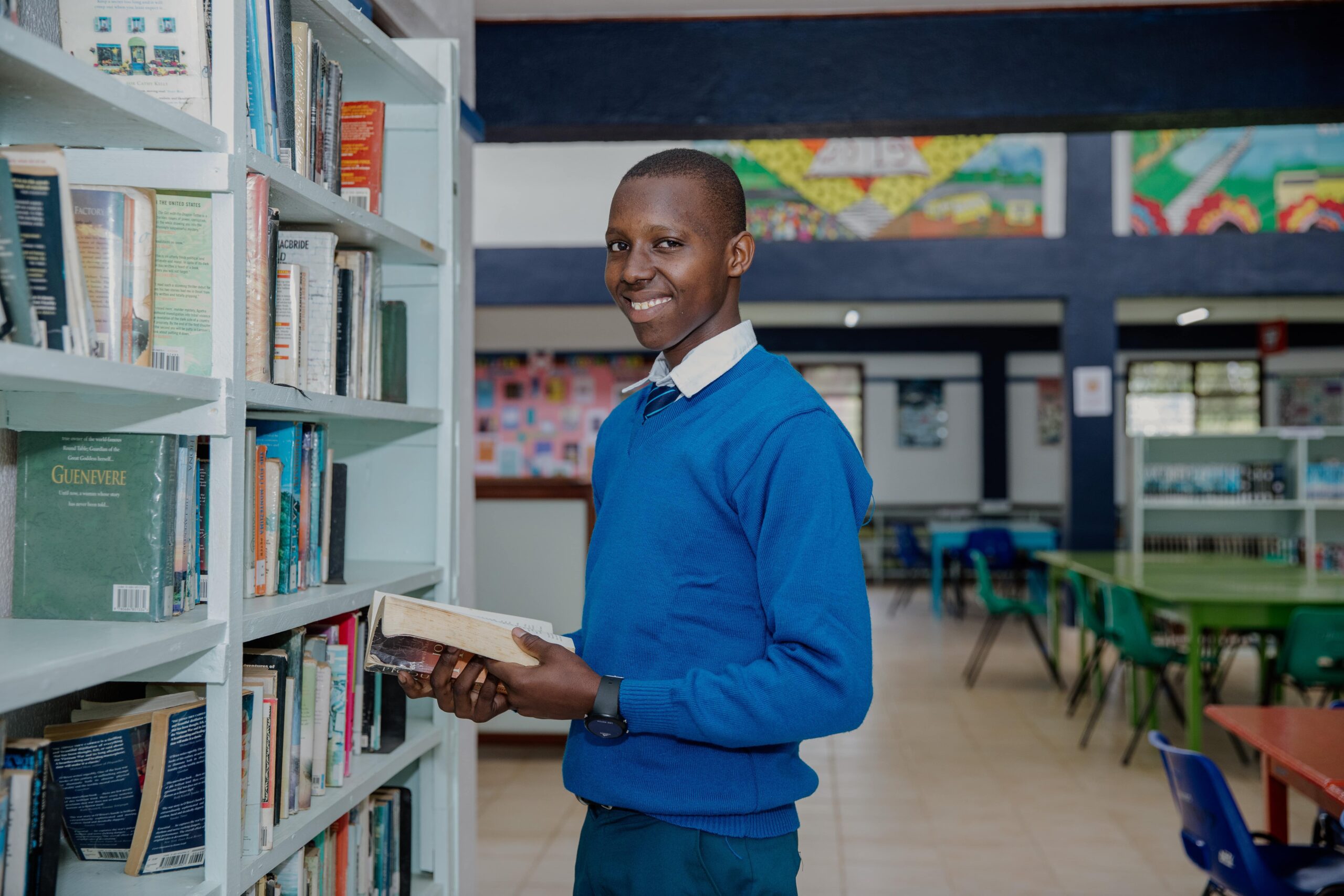
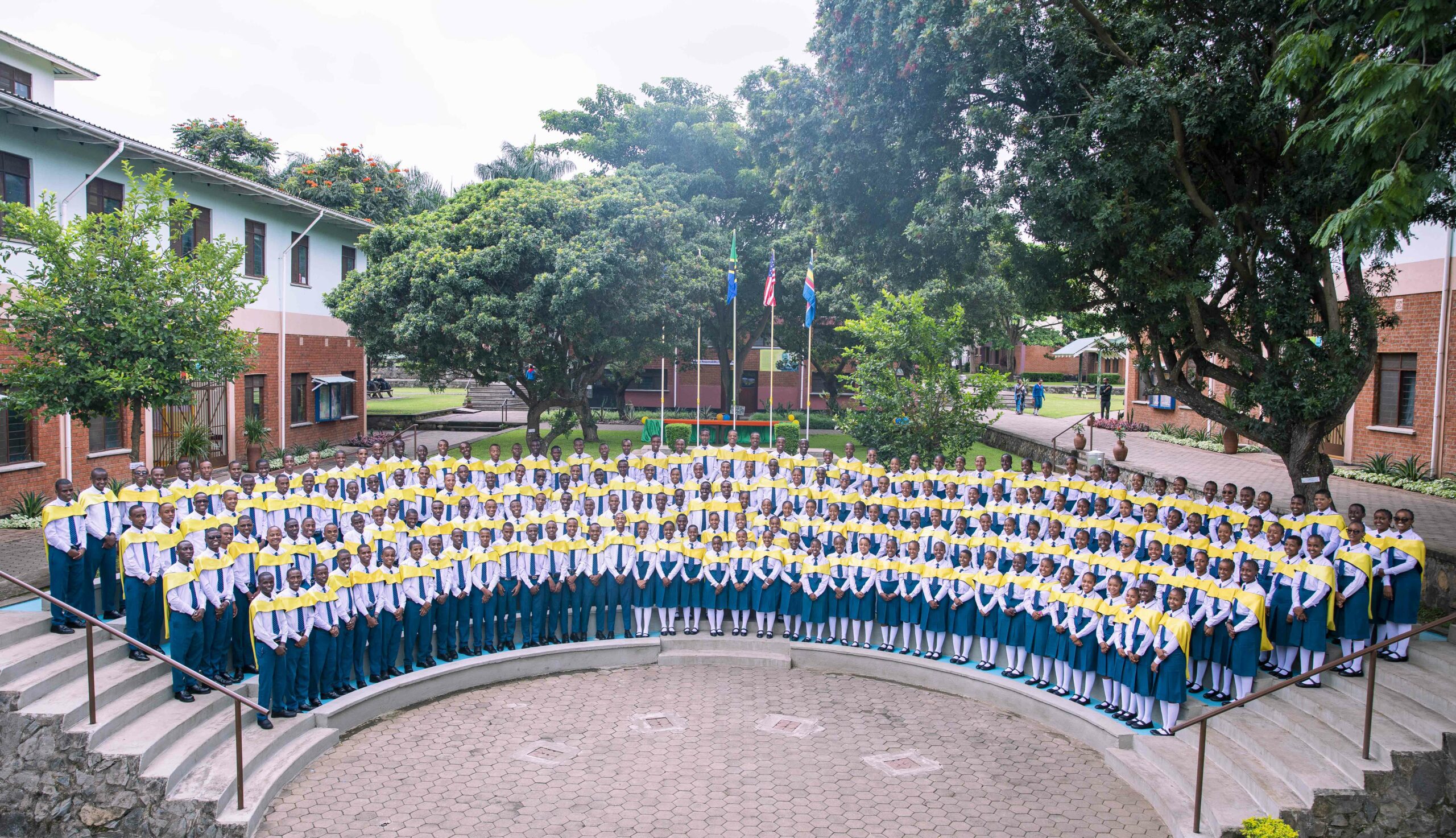
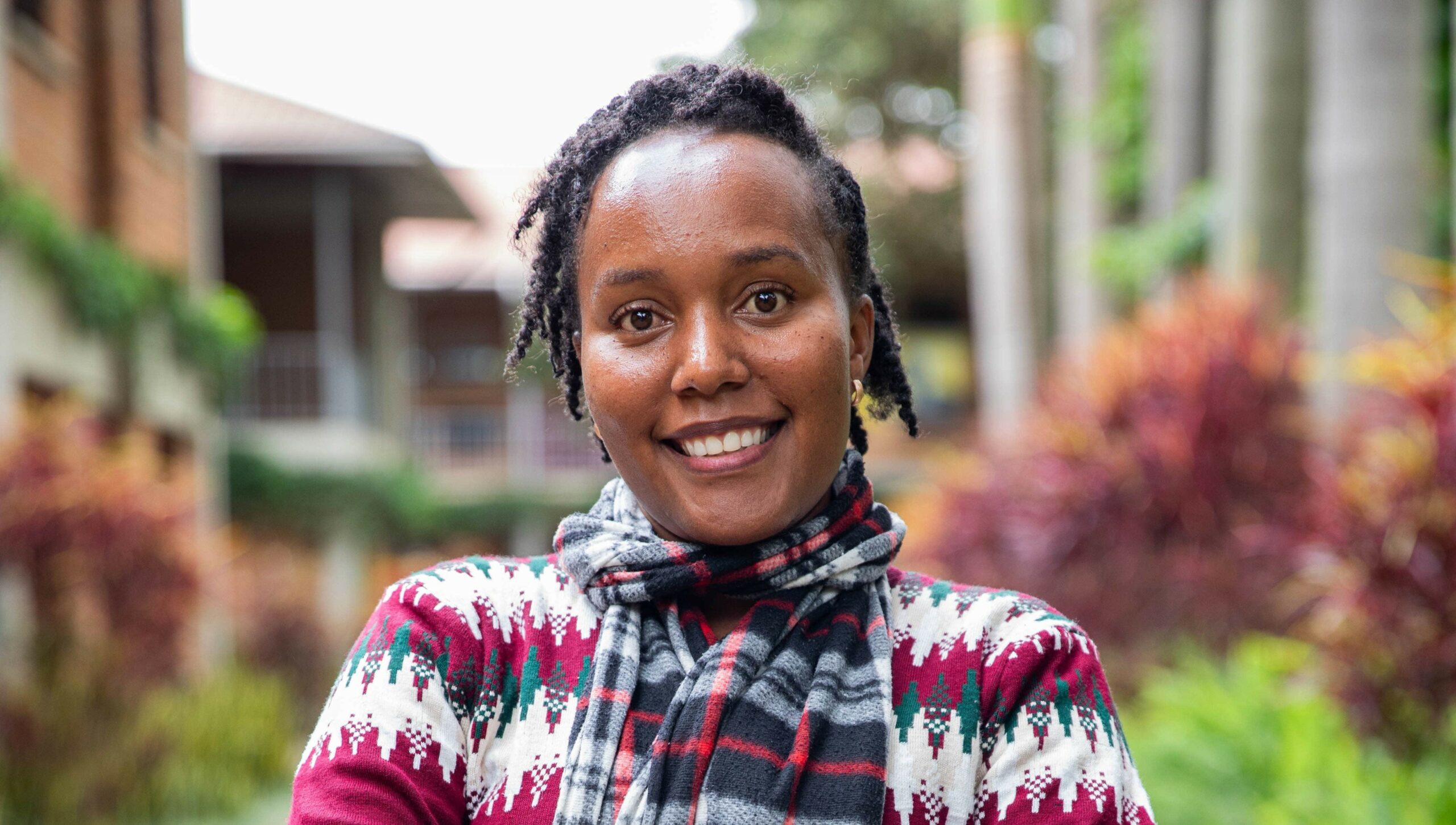
Replies